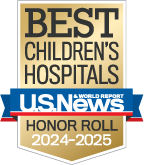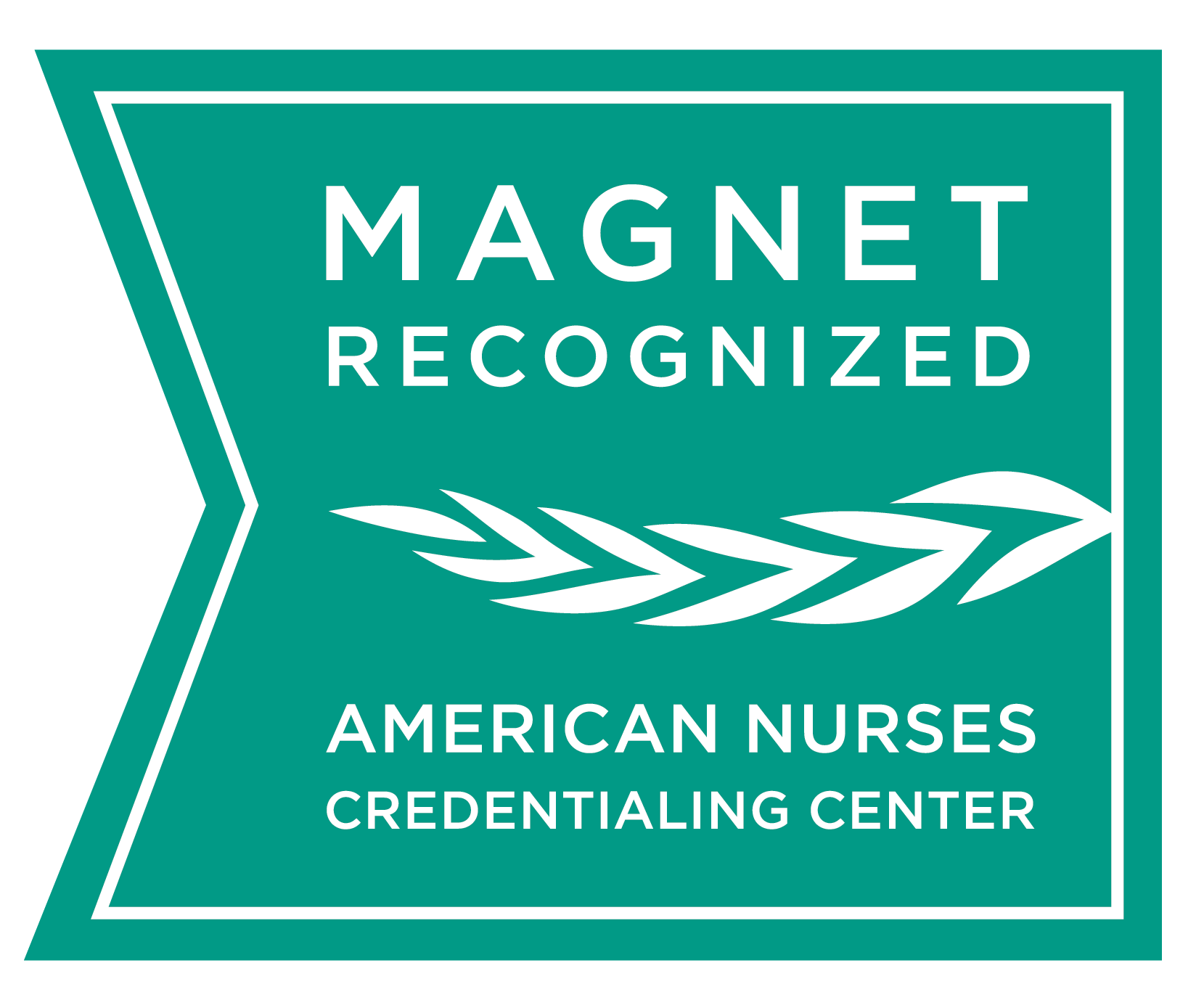
Roger J. Packer, MD
Pediatric Neurology
Highlights
Languages
- English
Gender
MaleAbout Roger J. Packer
Titles
Director, Brain Tumor Institute
About the Provider
Roger J. Packer, MD, is the Gilbert Family Distinguished professor of neurofibromatosis, and is director of both the Gilbert Family Neurofibromatosis Institute and the Brain Tumor Institute of Children’s National Hospital. Dr. Packer’s present academic titles include professor of Neurology and Pediatrics at George Washington University and clinical professor of Neurosurgery at the University of Virginia in Charlottesville, Virginia. He holds the Gilbert Family Distinguished Professorship in Neurofibromatosis. Prior to coming to Children’s National, Dr. Packer was director of the Brain Tumor Program and professor of Neurology and Pediatrics at the Children’s Hospital of Philadelphia, University of Pennsylvania.
Throughout his career, Dr. Packer has been heavily involved in clinical and applied basic science research. His clinical research has touched on various aspects of adult and child neurology and neuro-oncology, including adult and pediatric brain tumors, neurofibromatosis type 1, the neurologic aspects of childhood neurogenetic diseases, and multiple other topics in general child neurology. Much of his research has focused on the development and performance of clinical trials for adults and children with neurologic, neuro-oncologic and neurogenetic disorders, and he has received peer-reviewed grant support for this research. Many of the clinical trials in neurofibromatosis and brain tumors are translational, bringing advances from the bench to the bedside expeditiously.
Presently, Dr. Packer is principal investigator (PI) at Children’s National for the Pediatric Brain Tumor Consortium (PBTC), formed under the auspices of the National Cancer Institute (NCI); chair of the PBTC Low-Grade Glioma Committee; site PI for Children's National for the Neurofibromatosis Clinical Trials Consortium; and chair of the Medulloblastoma Committee of the Children’s Oncology Group. He has worked closely with the NCI and the National Institute of Neurological Disorders and Stroke (NINDS), and has served on multiple committees setting the directions for neurologic clinical and basic science research for the future. He headed the efforts in pediatrics for the program review, held by the NCI and NINDS for brain tumors. He is presently co-chair of the Brain Malignancy Committee of the NCI. Much of Dr. Packer’s clinical research has been translational in nature. He has been part of studies evaluating the molecular genetics of childhood and adult neurologic diseases and also has coordinated the first gene therapy study for children with malignant brain tumors in the U.S. The majority of the studies now being coordinated by Dr. Packer are studies evaluating innovative agents aimed at the molecular underpinnings of neurologic disease. He has published over 400 original articles and 350 reviews and chapters.
In 2020 the International Symposium on Pediatric Neuro-Oncology bestowed its Lifetime Achievement Award on Dr. Packer for his substantial contributions to pediatric oncology and scientific achievements.
Departments
Awards and Recognition
Top Doctors Washingtonian (2019)
Top Doctors No Va Magazine (2024, 2023)
NPI
1821175167
Research Profile
Request a Remote Second Opinion
https://www.childrensnational.org/get-care/getting-a-second-opinion
Disclosure
This faculty member (or a member of their immediate family) has a working relationship (i.e. consulting, research, and/or educational services) with the companies listed below. These relations have been reported to the health system leadership and, when appropriate, management plans are in place to address potential conflicts.
Outside Interests
- DSMB Roche Pharmaceutical
- ASTRA ZENECA
Locations
- Rare Disease Institute
- 7125 13th Place Northwest, Washington, DC 20012
- phone: 202-545-2100
- fax: 202-545-2121
- Frederick
- 5285 Westview Drive, Suite 103, Frederick, MD 21703
- phone: 301-682-6661
- Main Hospital-Neuroscience Clinic
- 111 Michigan Avenue Northwest, Room 1300, Washington, DC 20010
- phone: 202-476-3434
- fax: 202-476-2513
- Telehealth Video Visit
- 111 Michigan Avenue Northwest, Childrens National Telemedicine, Washington, DC 20010
- phone: 888-884-2327
Expertise
Education
Children's Hospital of Philadelphia
Fellow, Pediatric Neurology, 1981Children's Hospital of Philadelphia
Fellow, Neurology, 1981Memorial Sloan-Kettering Cancer Center
Fellow, 1981Cincinnati Children's Hospital Medical Center
Resident, Pediatrics, 1978Northwestern University Feinberg School of Medicine
Medical School, 1976Northwestern University
Undergraduate, 1972Board Certifications
Pediatrics
American Board of Pediatrics, 1982-
American Board of Psychiatry and Neurology, 1982Insurance
- Aetna
- Aetna Better Health of Maryland
- Aetna Better Health of VA
- Alliance Health Plan: Federal Employee Plan
- American Postal Workers Plan (Federal)
- Amerigroup DC
- Amerigroup Maryland
- AmeriHealth DC
- Anthem Blue Cross Blue Shield of Virginia
- Anthem HealthKeepers Plus (VA)
- Beech Street
- Blue Cross/Blue Shield Service Benefit Plan (Federal)
- CareFirst Blue Cross Blue Shield
- CareFirst Community Plan of Maryland
- ChoiceCare PPO (Humana)
- Cigna Healthcare of the Mid Atlantic (includes Great West Healthcare)
- Claimsbridge PPO
- Conifer Health
- First Health
- Government Employees Health Association (Federal)
- Health Services for Children with Special Needs (DC)
- Kaiser Permanente Maryland Medicaid: referral required
- Kaiser Permanente Virginia Medicaid
- Kaiser Permanente: referral required
- Mail Handlers (Federal)
- Maryland Physicians Care
- Medicaid Managed Care or Public Health Plans (Military)
- MedStar Family Choice (DC)
- MedStar Family Choice (MD)
- Molina Health Care of VA
- Multiplan/Private Healthcare Systems (PHCS)
- National Association of Letter Carriers (Federal)
- Priority Partners MCO (MD)
- Tricare Humana Military
- U.S. Family Health Plans Johns Hopkins (Federal)
- United Virginia Medicaid
- UnitedHealthcare
- UnitedHealthcare Community Plan of Maryland
- Virginia Premiere


